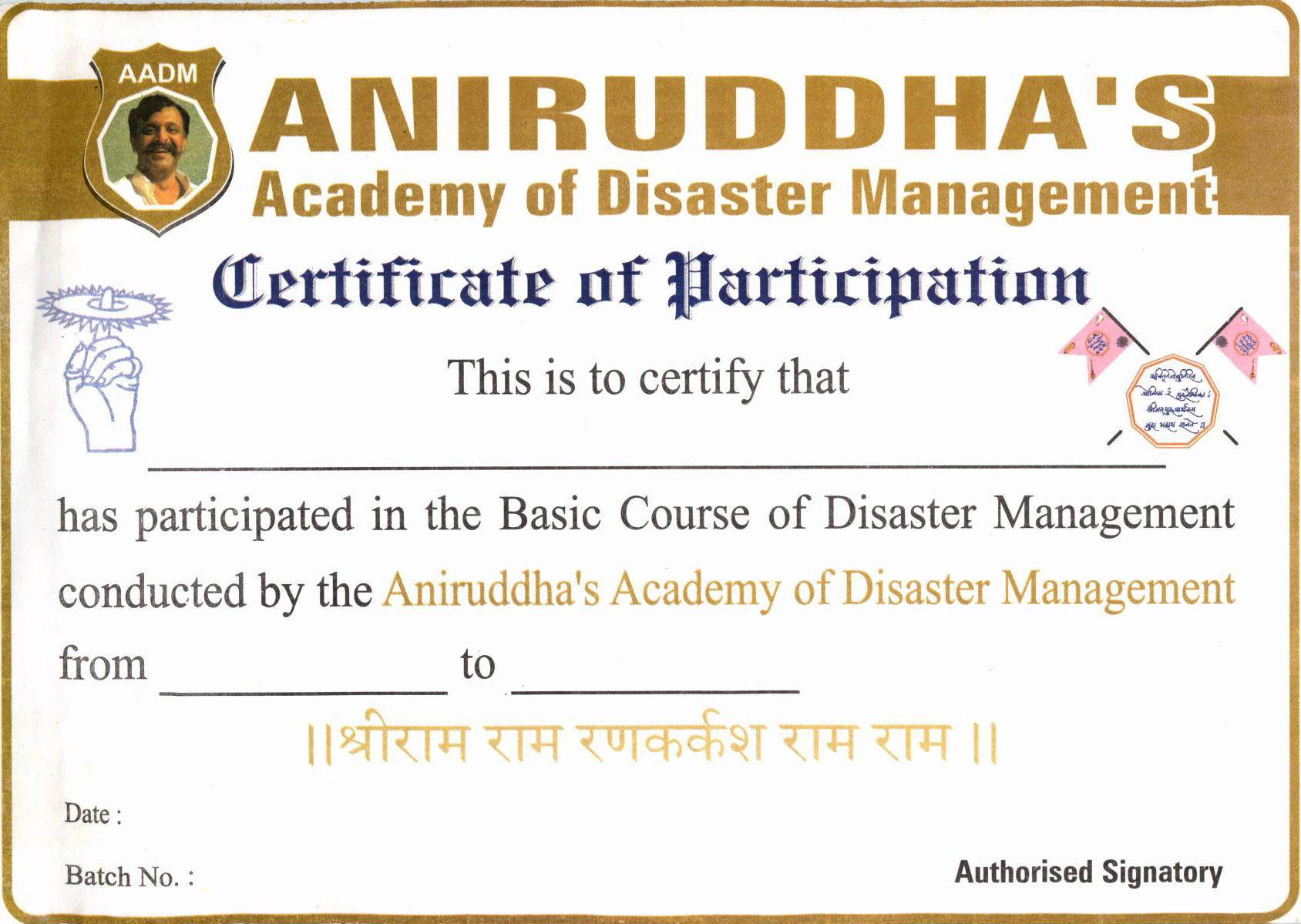The term Disaster is not new to mankind and the strong emotion of panic and dread that it evokes is also common across all segments of society. Disaster could be either natural or created by human beings themselves, but both the categories lead to damage, hurt and wastage of precious resources.
To a large extent manmade disasters can be predicted and thus prior planning to avert the same can be implemented. But knowledge of the timing of a natural disaster is mostly out of bounds for mankind and thus takes us by surprise and shock.
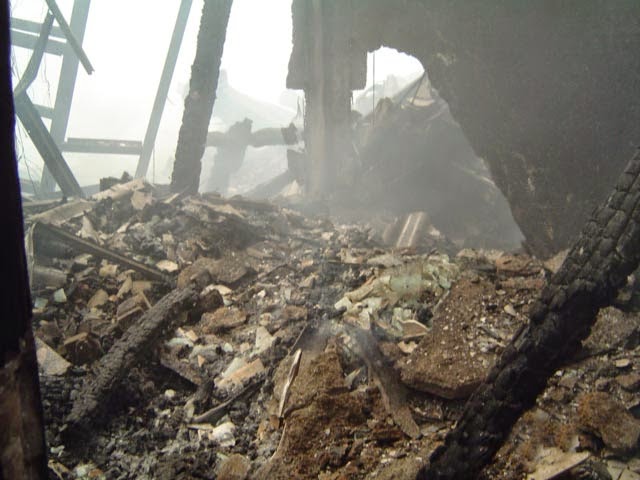 |
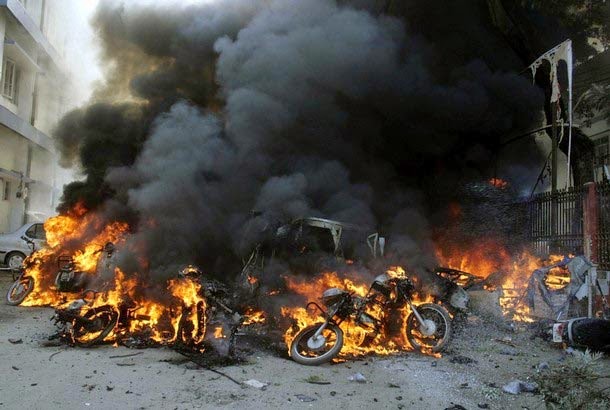 |
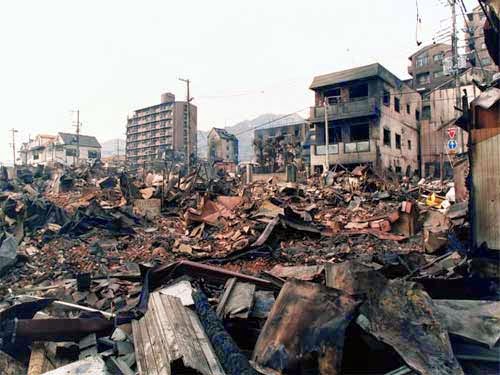 |
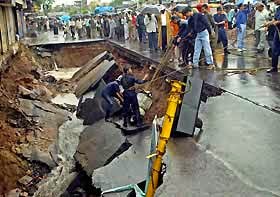 |
As we may have observed during any disaster, that it is the common man, who immediately rushes to rescue and support in whatever capacity that is possible. Thus the participation and contribution of the common man cannot be underestimated at the time of any disaster. The AADM Basic Course is hence designed to aggregate the Energies, Resourcefulness and Positive Emotions of the masses of people who are ever present to support the affected.
The Basic Course has been designed and developed by AADM after exhaustive and painstaking research. A pilot workshop of 350 participants was conducted in the year 2002. A number of senior professionals from various academic streams addressed the workshop and finalized the course framework and program methodology.
Objectives of the course
- To impart information on various kinds of disasters — natural or man-made
- To impart basic skills in handling casualties
- To be prepared to prevent, mitigate and respond to any disaster positively
- To provide support to various governmental and non-governmental bodies
- To be an alert and responsible citizen
Scope and Opportunities
- An AADM certified participant can take part in the activities organised by the Sanstha (Organization)
- A certified participant can also be a part of the AADM team that is invited by Municipal and other official authorities of the city
- Eligibility for participation in advanced training
- Empowered now to contribute to the safety of the self and society at large
- Recognition in professional circles for the certificate that is obtained on successful completion of course
Course Duration
- 2 hour sessions for 7 days
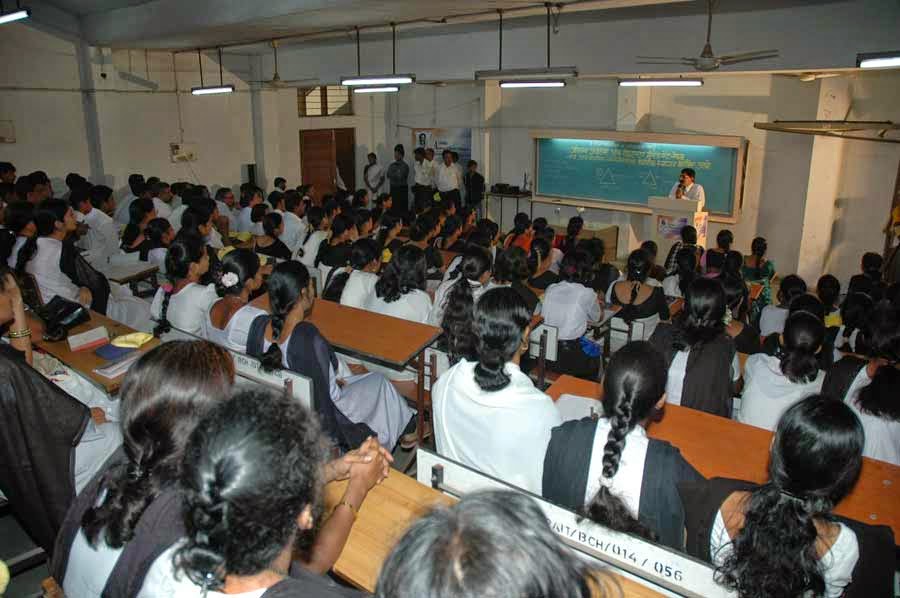 |
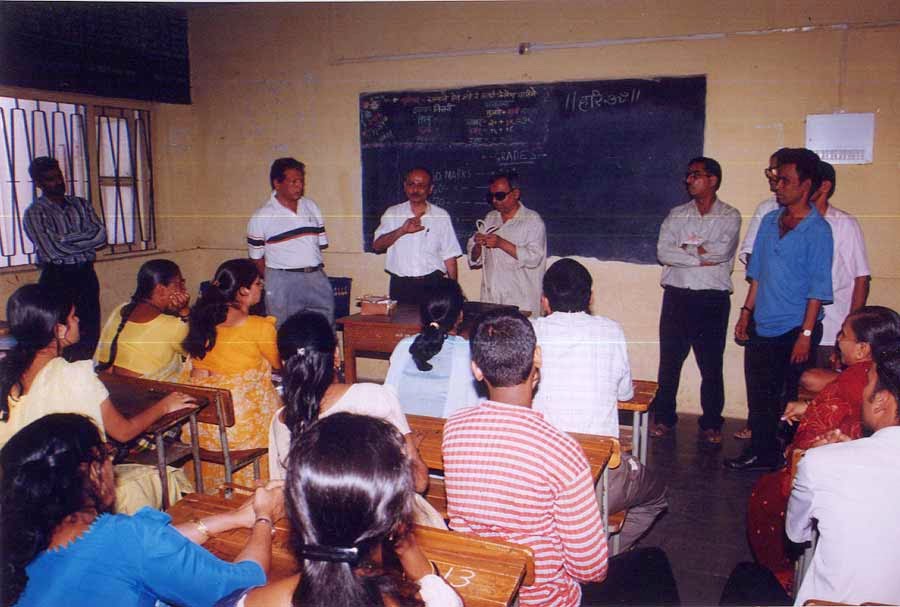 |
Course Framework / Outline
DAY 01
Providing information on:
- Types of disaster
- Impact and effect of various types of disasters
- Preparation methods for disaster
- Response techniques
- Mitigation techniques
- Self Assessment
- Rehabilitation processes
- Research conducted by AADM
DAY 02
Practical Rescue Techniques
- Application of Rope / Knots, bands and hitches
- Transportation of casualties using manual lifts and stretchers
- Triage and first aid
DAY 03
- Medical and first aid information provided by doctors
- Basic First Aid knowledge required is imparted
- Important subjects such as:
- Triage
- basic principles of first aid
- Burns, Bleeding, Poisoning
- Electric shock, Drowning, Injuries
- Snake bite, Hypothermia etc
- Cardio Pulmonary Cerebral Resuscitation (CPCR)
DAY 04
Effects of natural disasters like:
- Floods, Earthquake, Landslides, Famines, Droughts and Cyclone are explained
This includes various measures to prevent, mitigate and respond in such disasters as well as Do’s and Don’t s
DAY 05
Effects of man-made disasters, various kinds of techniques used to participate in the rescue operations, how to maintain discipline and rest during the disaster management operations
DAY 06
NBC (Nuclear, Biological and Chemical warfare)
- Basics of Nuclear, Biological and Chemical warfare
- How this warfare is used for human destruction and their influence on civilians
- Measures to prevent, mitigate and respond to NBC warfare and various Do’s / Don’t
DAY 07
Control and Communication
Effective control and communication as the key to effective Disaster Management. Control can be achieved by two factors:
- Information and
- Contact
Infrastructure Requirement
- An average sized class room
- Open space for practicals and drills
Participant Eligibility Criteria
- Any person over the age of 16 years
- Of stable and sound mind
- Physically fit
Evaluation and Assessment
- Written examination conducted wherein the participants have to attempt a multi choice paper
- Followed by an oral assessment
- Practical exam on rescue techniques
- Immediate declaration of results
- A course completion certificate is awarded to each successful candidate
- A text book on disaster management is made available in English and Marathi by AADM at cost
Course Faculty – Teaching and Support (certain pre-requisites for faculty)
- Faculty to have attended the intensive pre course design workshop conducted by external professionals and cleared a written examination OR to have undergone AADM Basic Course
- Fully trained in vermiculture, recycling of plastic and research on techniques to combat disaster
- To continue to actively participate in all the on going drills, events and programs of the Sanstha
